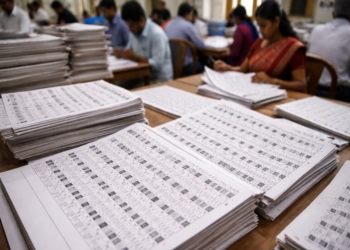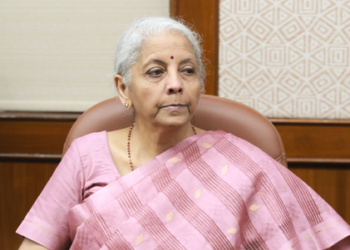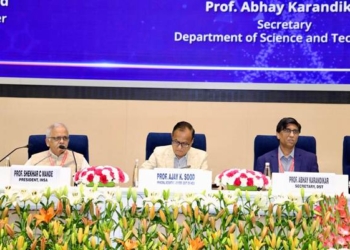Chandigarh: India is the world’s second-largest producer of wheat, with a whopping 40 per cent increase in production since the early 2000s. But, increasing temperatures owing to climate change have raised concerns about wheat’s sensitivity to heat, leading to a greater requirement of water and thus a higher water footprint.
A new study has now revealed that there is an alternative to wheat — the traditionally grown sorghum or jowar.
Jowar is not only far more resilient to projected climate changes but also requires much less water.
The latest research paper titled, “Climate resilience of dry season cereals in India”, published in Nature’s Scientific Reports, examined the sensitivity of wheat and jowar yields to increases in temperature and compared water requirements under different scenarios.
The study was carried out by researchers from Columbia University, US; Chinese Academy of Agricultural Sciences, China; Indian School of Business, India; University of Delaware, US; Indian Institute of Technology Bombay, India; Yale University, US; and Washington State University, US.
The research revealed that wheat is highly sensitive to increases in maximum daily temperature in its multiple stages of growth during the post-monsoon, dry winter season. In comparison, jowar is able to handle increases in temperature with far less impact on yields.
In addition, wheat requires 1.4 times more water than jowar owing to the extension of its growth cycle into summer.
With future climate projections, this study argues that without pragmatic changes in managing how wheat is cultivated in India, it is likely that the yields are likely to decrease by five per cent coupled with a significant increase in water footprint by 2040.
Jowar, in that case, is India’s best bet with its meagre 4 per cent increase in water footprint with the same climatic projections.
Prof Ashwini Chhatre, co-author of the study and Executive Director, Bharti Institute of Public Policy, Indian School of Business, said: “We have reached a critical turning point in India’s agricultural landscape. Our research highlights the urgent need for climate-smart agriculture interventions, particularly in the rabi season.
“The traditionally grown sorghum or jowar emerges as a game-changer, offering resilience to projected climate changes and requiring significantly less water than wheat. Our study, published in Nature’s Scientific Reports, reveals that wheat is highly sensitive to rising temperatures, while jowar maintains robust yields.
“Furthermore, wheat’s water footprint is 1.4 times higher than jowar’s, exacerbating concerns about water scarcity.”
India is the second largest producer of wheat globally after China and exports its surplus yield to neighbouring countries of Bangladesh, Nepal, Afghanistan, Somalia, and Sri Lanka.
The trend of increasing wheat production in India began with the Green Revolution in the 1960s and continues till date.
The total wheat production in the country has gone up since the turn of the century (average 1998-2002 relative to average 2012-2017), due both to increases in yield (26 per cent) and increase in area (17 per cent).
The production of jowar, on the other hand, declined by 5 per cent in the same time period. This decline is despite a 37 per cent increase in yields and is attributed to a 21 per cent loss in the area under production.
Focusing on these two main rabi cereals in India — wheat and jowar, this research highlights the need for climate-smart agriculture interventions, specifically in the rabi season.
(IANS)














